Blood in Urine | Causes & Treatment
 Theresa
|
Theresa
|
 24 Jul 2025
24 Jul 2025
What does blood in urine really mean
Seeing blood in your urine can be scary, no lie. You look down and it’s pink, maybe red, and your brain goes straight to panic. But truth is—it’s not always something serious. Could be harmless. Could be the body’s way of saying “hey, check this out.” Doctors call it hematuria.
Sometimes you can see it clearly. Other times, it’s just a trace of blood in urine, and you’d never know unless a test picks it up. That’s called occult blood in urine. Just because you don’t see it doesn’t mean it’s not there.
Different types of hematuria you should know about
There’s two types. First is the obvious one—gross hematuria. You’ll see pink, red, or brownish pee. That’s the one that usually gets people running to the doctor.
Then there’s microscopic hematuria, where the blood’s only found through a urine test. No visible color change. You could be walking around with it and have no clue unless it shows up in a checkup.
What causes blood to show up in your urine
Lots of things can bring this on. Some are no big deal, others, you don’t wanna ignore.
Common causes include:
-
UTIs (urinary tract infections)
-
Kidney stones
-
Bladder or kidney infections
-
Vigorous exercise, especially long runs
-
Enlarged prostate in men
-
Certain meds, especially blood thinners
-
Physical injury near the kidneys or bladder
Sometimes it's more serious—tumors, bladder cancer, or kidney disease. Not super common, but yeah, it happens. And in men, it could also be related to the prostate. A case like blood in urine male no pain might seem harmless but should still be checked out.
People also ask about blood clots in urine male—this can look more alarming, and usually means something's going on that needs attention.
Also, quick note—blood in dog urine happens too. If your pup’s peeing pink, get the vet involved.
Signs that come along with it (or don’t)
Sometimes blood is the only thing. No burning, no pain. Especially in those blood in urine male no pain cases. That’s what makes it tricky.
Other times, there’s more going on:
-
Burning or stinging when you pee
-
Needing to pee all the time
-
Lower back pain or side pain
-
Fever, if there’s an infection
-
Passing blood clots in urine that hurt going out
You might also notice blood in sperm but not urine—that’s different, but still worth checking with a doctor. Could be from the prostate, not the bladder.
When it’s more common than you’d expect
You’d be surprised how often this shows up. Athletes see it after tough workouts. Runners especially. Older folks might get it from medications or an enlarged prostate. People with kidney stones or infections, same thing.
If you’re on blood thinners or have a history of bladder issues, the odds are higher. Doesn’t mean it’s always serious—but it’s never something to brush off.
How doctors figure out what’s going on
They’ll usually start with a basic urine test. If they see blood, they’ll probably order more tests—blood work, maybe an ultrasound, or CT scan.
If needed, they might do a cystoscopy, which sounds worse than it is—it’s just a tiny camera that lets the doctor look inside the bladder.
All of this helps rule things out—like stones, infections, or tumors—and pin down what’s really going on.
Is it always serious? Not always, but don’t ignore it
Short answer—no, it’s not always bad. In some cases, yeah, can blood in urine go away on its own? It can. Like after exercise or a mild infection.
But if it keeps happening? Or shows up with other symptoms? Then yeah—it could be something bigger. Kidney disease, bladder cancer, even injury. Doesn’t hurt to get ahead of it.
What treatment looks like (depends on the cause)
Treatment totally depends on why it’s happening. If it’s an infection, you’ll get antibiotics.
If it’s stones, they might give you meds or send you for a procedure to break them up. If it’s something more serious like a tumor, then it’s a whole different game—surgery, medication, or other options depending on how far it’s gone.
The main thing is getting a clear answer first. Then the right treatment can follow. That’s where Sanford Pharmacy comes in—helping with meds, pain relief, and support during recovery.
Tips to protect your urinary health going forward
Few things you can do to stay ahead of problems like this:
-
Drink more water—flush your system
-
Don’t hold it in when you need to go
-
If you're prone to stones, ease up on salt and oxalate-rich foods
-
Quit smoking—your bladder will thank you
-
Keep up with routine checkups, especially if you’re over 50 or on certain meds
And most important—listen to your body. If something feels off, don’t wait it out. Better safe than sorry.
Sanford Pharmacy is here to support you through every step—from helping understand your symptoms to making sure you get the treatment you need, fast. If you notice blood, don’t brush it off. Just ask. We’ll be here to help.
Categories
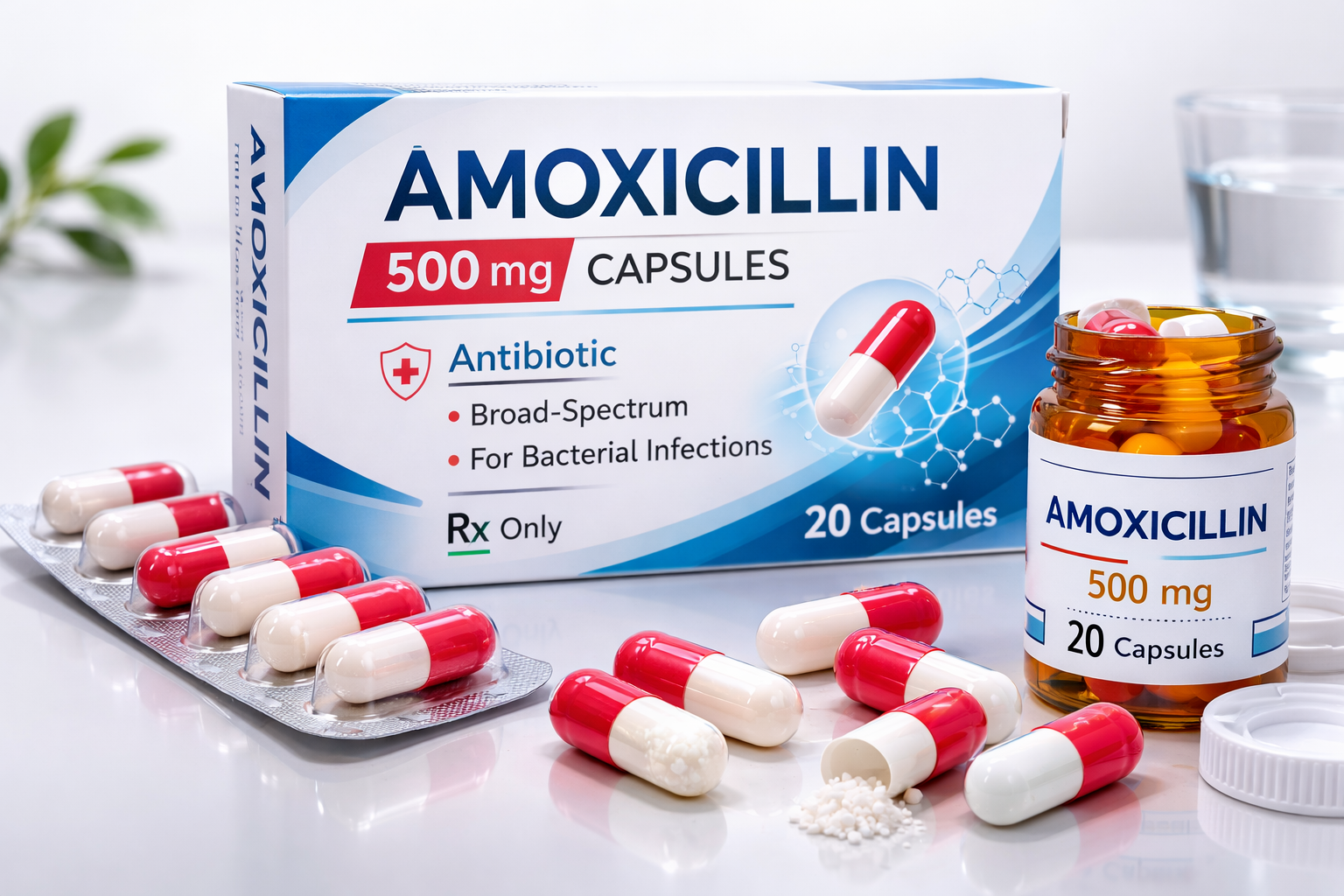
How Long Does Amoxicillin Stay in Your System?
 Graciela
Graciela

Can Newborns Get Infections from Visitors?
 Tobias
Tobias
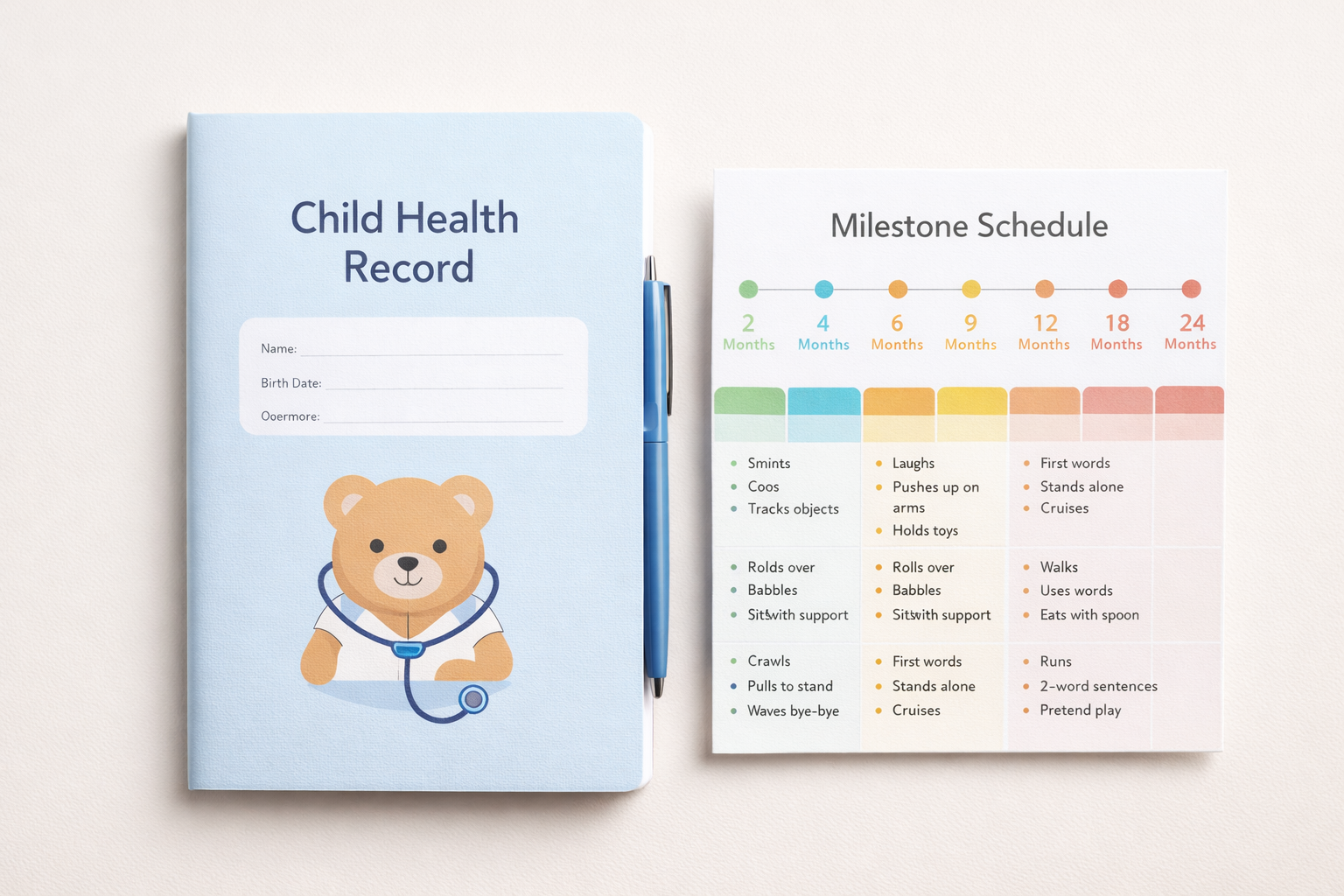
Signs of Developmental Delays in Infants!
 Justice
Justice

What Vaccines Are Required for Toddlers?
 Molly
Molly

Is Baby Getting Enough Breast Milk?
 Monserrat
Monserrat

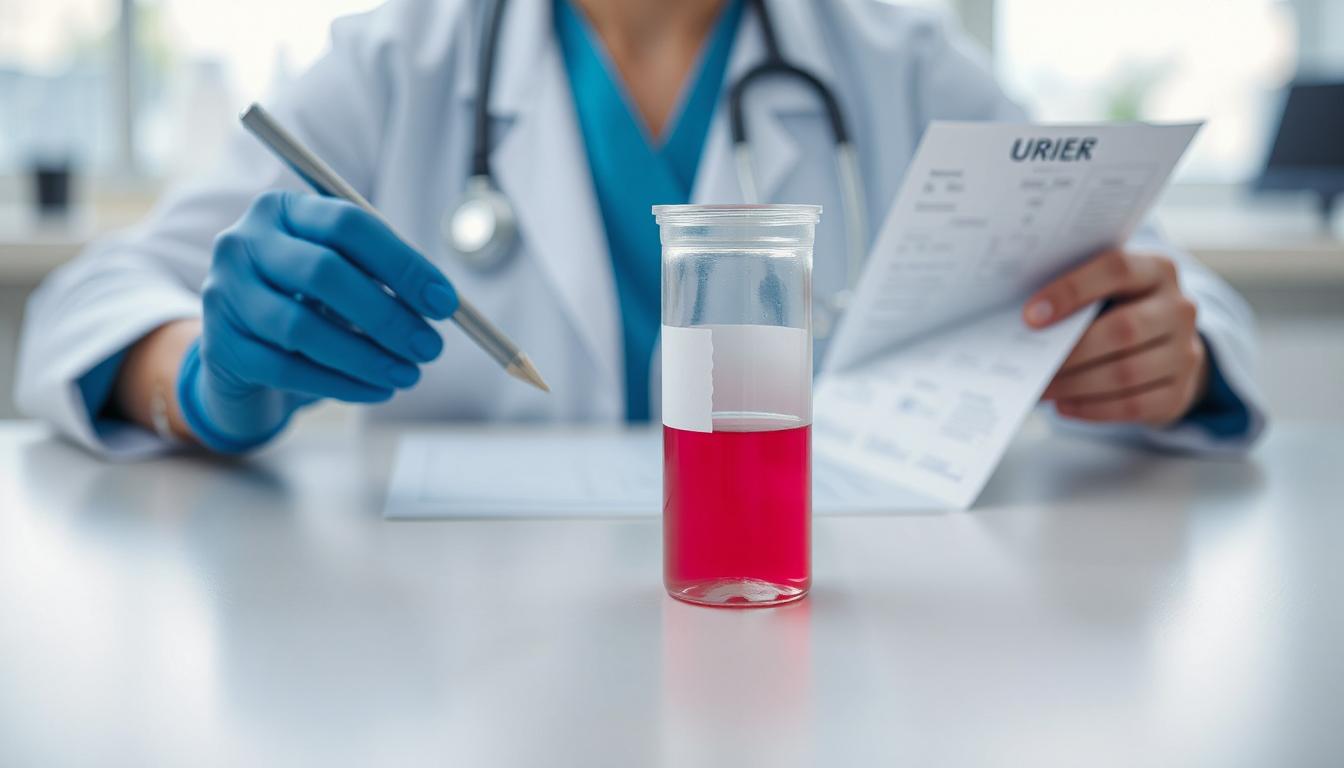
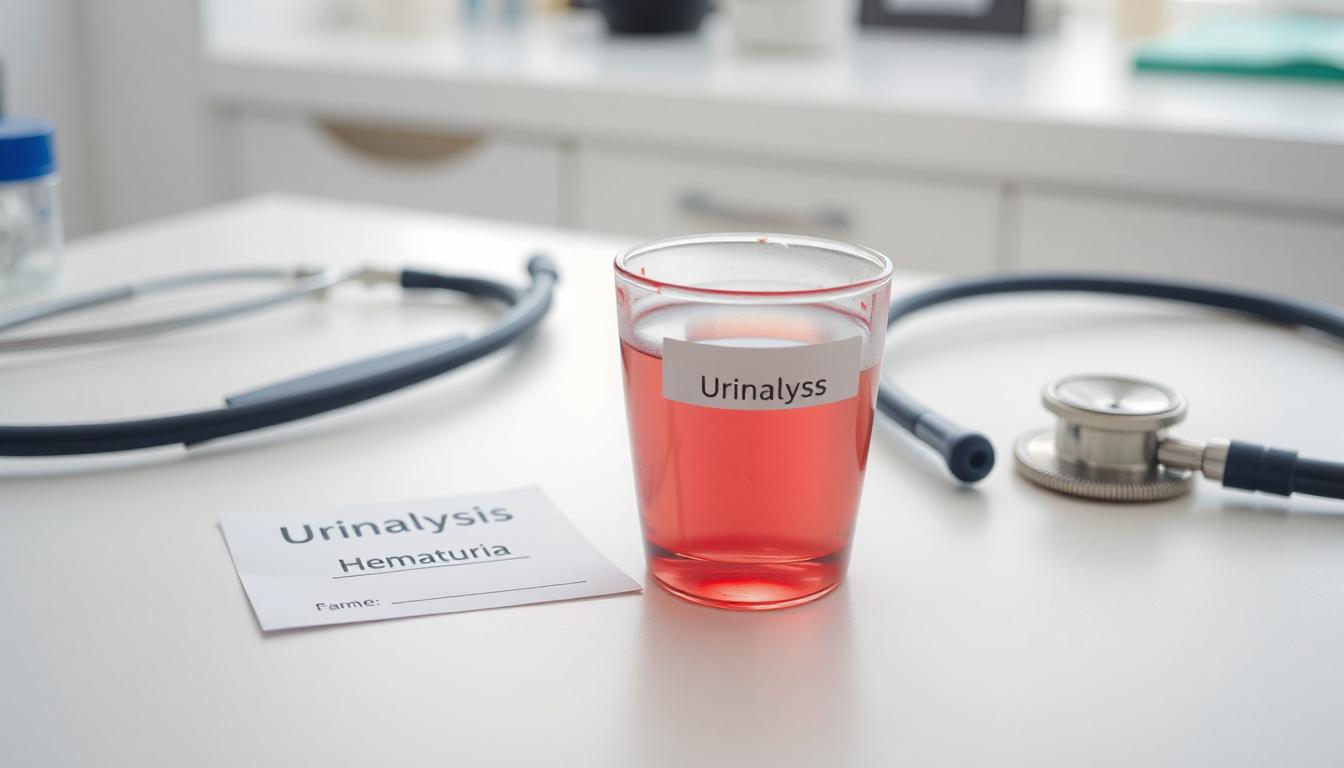








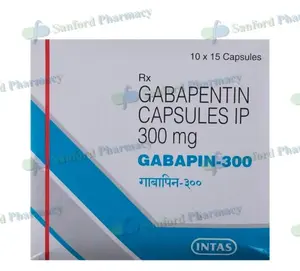
.webp)
.webp)
-(2).webp)
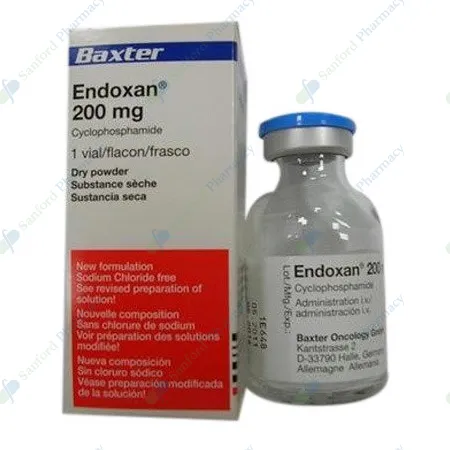
.webp)